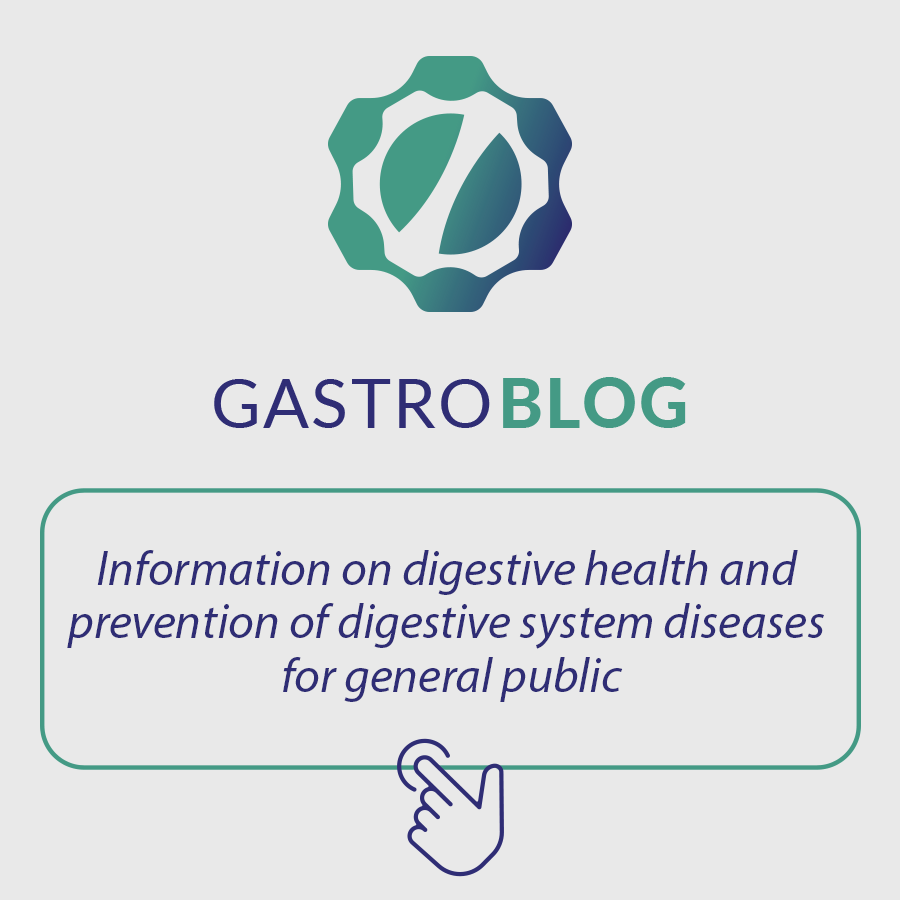The term chronic pancreatitis (CP) is used to define a fibro-inflammatory disease of the pancreas, of a progressive and irreversible nature, which can present with abdominal pain as a symptom and loss of the exocrine and endocrine functions of the gland.
Causes of chronic pancreatitis
What is currently being discussed in the literature are the possible causes for this pathology. Alcohol is already well established as the main environmental risk factor for the onset of CP (42-77% of cases). Patients considered moderate or severe drinkers (35-48 drinks per week) have a relative risk of 2.7 to 3.3 for the development of the disease in a Danish observational study.
Another environmental risk factor is smoking, which is very prevalent in patients with CP, and is currently considered an independent risk factor for the onset of the pathology. It is a potent risk factor, including, for cases of recurrent acute pancreatitis, which sometimes culminate in the appearance of CP. In the case of smoking, the relative risk is 1.93 for current smokers compared to people who have never smoked.
Other causes of CP include autoimmune etiologies (both type I autoimmune pancreatitis – IgG4-related disease – and type II autoimmune pancreatitis are considered etiologies of chronic pancreatitis), obstructive etiologies (as in cases of neoplasms, cysts, scarring stenoses of the main pancreatic duct, oddi sphincter dysfunctions and pancreas divisum), Recurrent Acute Pancreatitis (RAP) and genetic etiologies.
Even after genetic study, about 10-15% of CPs still remain idiopathic, suggesting that there is much unknown in this field.
Pancreatic genetics and risk of neoplasia
The genetics of pancreatic pathologies is extremely complex, with several genes possibly involved in the phenotypes presented. Many mutations can lead to a RAP picture, which culminates with gland fibrosis, and other mutations or polymorphisms that lead directly to the appearance of CP.
The main genes involved in the pathogenesis of CP are listed below:
- PRRS-1: cationic trypsinogen gene – autosomal dominant inheritance mutation, responsible for Hereditary Chronic Pancreatitis.
- SPINK-1: gene that, in the absence of pathogenic mutations, prevents the activation of trypsinogen.
- CFTR: gene that encodes the chloride channels in the membrane of ductal cells – mutations in this gene can result in the phenotypes of Cystic Fibrosis
- CTRC: gene that promotes the degradation of trypsinogen and that mutated loses this protection mechanism
There are several other genes listed as coadjuvants in the pathological processes of the pancreas, and probably others that we are not yet aware of. The fact is that, in pancreatitis associated with one or more genetic mutations, the risk of Ductal Adenocarcinoma of the Pancreas is higher than other pancreatitis and much higher than the population risk. Patients with PRRS-1 and SPINK-1 mutations have a cumulative risk of 53% of pancreatic neoplasia at 75 years of age, while alcoholic CPs have this same calculated risk of 4%.
However, it was observed that this risk may be even higher in smoking patients. Cigarette smoking is the main risk factor for pancreatic neoplasia not associated with CP, and when the risks of mutated genes are added to smoking
Other mutations (such as CFTR and CTRC) do not seem to contribute to a significant increase in the incidence of pancreatic cancer. Just as other causes of CP, such as autoimmune pancreatitis or rarer causes, also do not confer a significant additional risk of neoplasia.
| Etiology | Estimated risk of Pancreatic Neoplasia |
| Alcoholic CP | Incidence of 2 and 4% after 5 and 20 years of evolution, respectively |
| Hereditary Pancreatitis (PRSS-1 mutation) | Incidence of 10, 19 and 53.5% at 50, 60 and 75 years, respectively |
| SPINK-1 mutations | Incidence of 2, 28 and 52% at 60, 70 and 80 years, respectively |
| CFTR mutations | Increased relative risk by 1.41 compared to control group |
| CTRC, CARS, CLDN2, CPA1 and other mutations | No data available due to low frequency of these mutations |
Although there is a higher incidence of ductal adenocarcinoma of the pancreas in the population with CP, there are no studies suggesting an efficient screening strategy for all patients. For patients with PRSS-1 mutations (or with suspicion of the mutation, in cases with more than two family members affected by CP) the international group recommends annual screening with imaging examination (computed tomography or magnetic resonance imaging). The use of echoendoscopy was not recommended, as it can be falsified by inflammation, fibrosis or calcifications. More studies are needed for recommendations regarding other mutations and other etiologies.
Despite recent advances, there is still a vast unknown field regarding the etiology and risk factors for CP, and more studies are needed so that we can unravel all the mysteries about this topic.
References
- Singh, VK et al. Diagnosis and Management of Chronic Pancreatitis A Review. JAMA. 2019;322(24):2422-2434.
- Hart, PA et al. Chronic Pancreatitis: Managing a Difficult Disease. Am J Gastroenterol. 2020 January ; 115(1): 49–55.
- Aune, D et al. Tobacco smoking and the risk of pancreatitis: a systematic review and meta-analysis of prospective studies. Pancreatology, 2019 Dec;19(8):1009-1022.
- Gardner, TB et al. ACG Clinical Guideline: Chronic Pancreatitis. Am J Gastroenterol 2020;115:322–339.
- Le Cosquer, G et al. Pancreatic Cancer in Chronic Pancreatitis: Pathogenesis and Diagnostic Approach. Cancers 2023, 15, 761.
- Greenhalf, G et al. International consensus guidelines on surveillance for pancreatic cancer in chronic pancreatitis. Recommendations from the working group for the international consensus guidelines for chronic pancreatitis in collaboration with the International Association of Pancreatology, the American Pancreatic Association, the Japan Pancreas Society, and European Pancreatic Club. Pancreatology 2020, 20, 910-918
How to cite this article
Marzinotto M. Chronic Pancreatitis – main etiologies and associated risk of Pancreatic Neoplasia Gastropedia 2023, vol 2. Available at: gastropedia.com.br/gastroenterologia/pancreatite-cronica-principais-etiologias-e-risco-associado-de-neoplasia-pancreatica/
Medica responsável pelo Grupo de Pâncreas da Disciplina de Gastroenterologia Clínica do HCFMUSP


